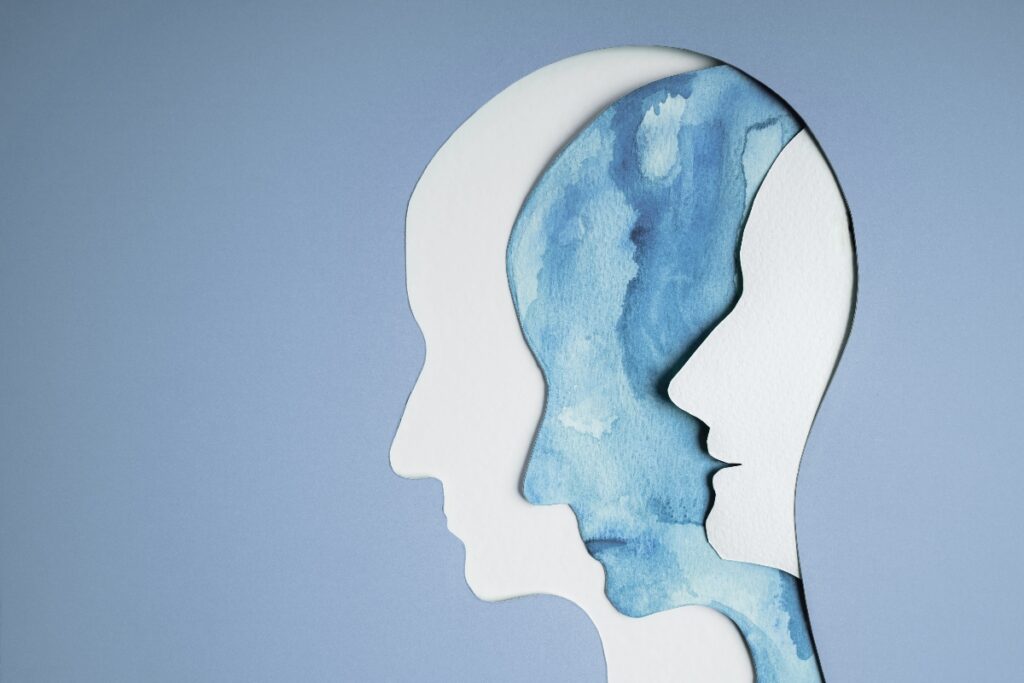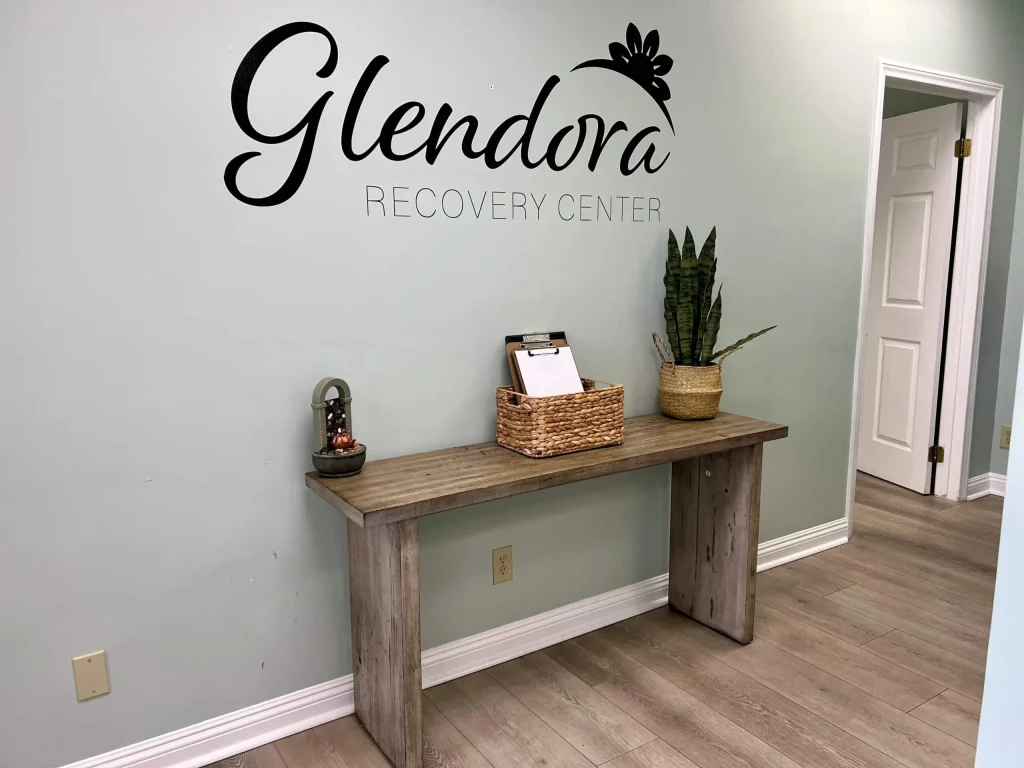Our Locations
1340 E. Route 66 Street Suite 103 & 106, Glendora CA 91740
(626) 594-0881
1340 E. Route 66 Street Suite 103 & 106, Glendora CA 91740
(626) 594-0881

At Glendora Recovery Center, we provide specialized, evidence-based treatment for individuals struggling with bipolar disorder in the Los Angeles area. Our comprehensive approach combines therapeutic interventions, medication management, and a holistic wellness strategy to help patients achieve stability and improve their everyday lives.
Bipolar disorder, formerly known as manic depression, is a complex mental health disorder characterized by dramatic shifts in mood, energy, and activity levels. These fluctuations range from manic episodes or hypomanic symptoms to severe episodes of depression that can severely impact daily activities, relationships, work performance, and overall well-being.
According to recent statistics:
Our clinical staff of experienced mental health professionals understands the complex constellation of symptoms and challenges faced by individuals with bipolar disorder and provides individualized treatment plans designed to address each client’s specific needs.

Our bipolar treatment center works with clients experiencing various forms of bipolar disorder, including:

For clients experiencing severe episodes of bipolar disorder, our residential care program provides:
Our structured PHP offers intensive treatment while allowing patients to return home each evening. This program includes:
Our flexible IOP provides focused treatment while accommodating work, school, or other daily activities:
Our ongoing outpatient mental health services support long-term wellness and maintenance treatment:
Many individuals with bipolar disorder also struggle with co-occurring disorders such as:
Our dual diagnosis treatment approach ensures we address both the bipolar disorder and any co-occurring addiction or mental health issues simultaneously, providing comprehensive treatments for lasting recovery.
Our Los Angeles bipolar disorder treatment utilizes proven therapeutic modalities:
Research shows that medication is typically a crucial element in managing bipolar disorder effectively While therapy and lifestyle changes are important components of treatment, medication is typically a crucial element in managing bipolar disorder effectively. Nih
Our psychiatric team works closely with each patient to find the right medication approach with minimal side effects. Treatment options may include:
When medication is combined with structured psychotherapy, patients show significantly better outcomes. Research analysis of 39 clinical trials found that patients who received both medication and psychotherapy had lower rates of relapse than those who received medication alone When all the trials were compared, the team concluded that patients who received psychotherapy in addition to medication had lower rates of recurrence than those who received medication and treatment as usual.
Our therapy approaches include:

The treatment of bipolar disorder begins with a thorough initial assessment. Our psychological staff conducts comprehensive assessments using:
Getting an accurate diagnosis is crucial, as many people with bipolar disorder are initially misdiagnosed with major depression or other conditions. The goal of therapy cannot be met without first establishing the correct diagnosis.
At Glendora Recovery Center, we believe in customized treatment plans that address the unique constellation of symptoms each client experiences. Our approach includes:
Our caring team has extensive experience in treating complex co-occurring disorders including bipolar disorder. We stay current with the latest effective treatment options and provide expert treatment tailored to each individual’s needs.
We offer multiple levels of care from residential treatment to outpatient services, allowing for smooth transitions as clients progress in their recovery. This continuum of care includes supportive services for all stages of treatment.
Our provider network includes psychiatrists, social workers, therapists, and other behavioral health specialists who work together to deliver holistic wellness services.
We provide specialized mental health treatment programs for adults dealing with bipolar disorder, as well as teen treatment options for adolescents facing these mental health challenges.
We accept most private HMO/PPO insurance plans to make treatment accessible. Our team will verify your benefits at no cost to determine coverage for bipolar disorder treatment.

Living with untreated bipolar disorder can prevent individuals from leading meaningful, productive lives, but with the right support and comprehensive treatments, stability and improved quality of life are possible. Glendora Recovery Center offers the expert treatment needed to manage bipolar disorder effectively in the Los Angeles area.
Contact our team today to schedule a confidential assessment. Our compassionate staff will guide you through each step of the process, from insurance verification to developing your personalized treatment plan.
Bipolar disorder involves extreme changes in mood, energy, and activity levels that significantly impact daily life and functioning. Unlike normal mood fluctuations, bipolar episodes can last for extended periods and may include symptoms that affect sleep, judgment, behavior, and thinking.
A combination of evidence-based therapy approaches is typically most effective, including Cognitive Behavioral Therapy (CBT), Dialectical Behavior Therapy (DBT), Interpersonal and Social Rhythm Therapy, and Family-Focused Therapy. These are often used alongside medication management for optimal results.
Many insurance plans provide coverage for mental health treatment, including anxiety disorders. Our team can help verify your insurance benefits and explain your coverage options.
While various types of therapy and lifestyle changes are important components of treatment, medication is typically a crucial element in managing bipolar disorder effectively. Our psychiatric team works closely with each patient to find the right balance of treatments.
Yes, we provide integrated treatment for individuals experiencing both bipolar disorder and substance use disorders or other mental health issues, addressing all aspects of a person's behavioral health care simultaneously.
DHCS License#: 191012BP
EXP: 12/31/2026
JCAHO #: 666556
Glendora Recovery Center | © Copyright 2025 | Privacy Policy | Sitemap